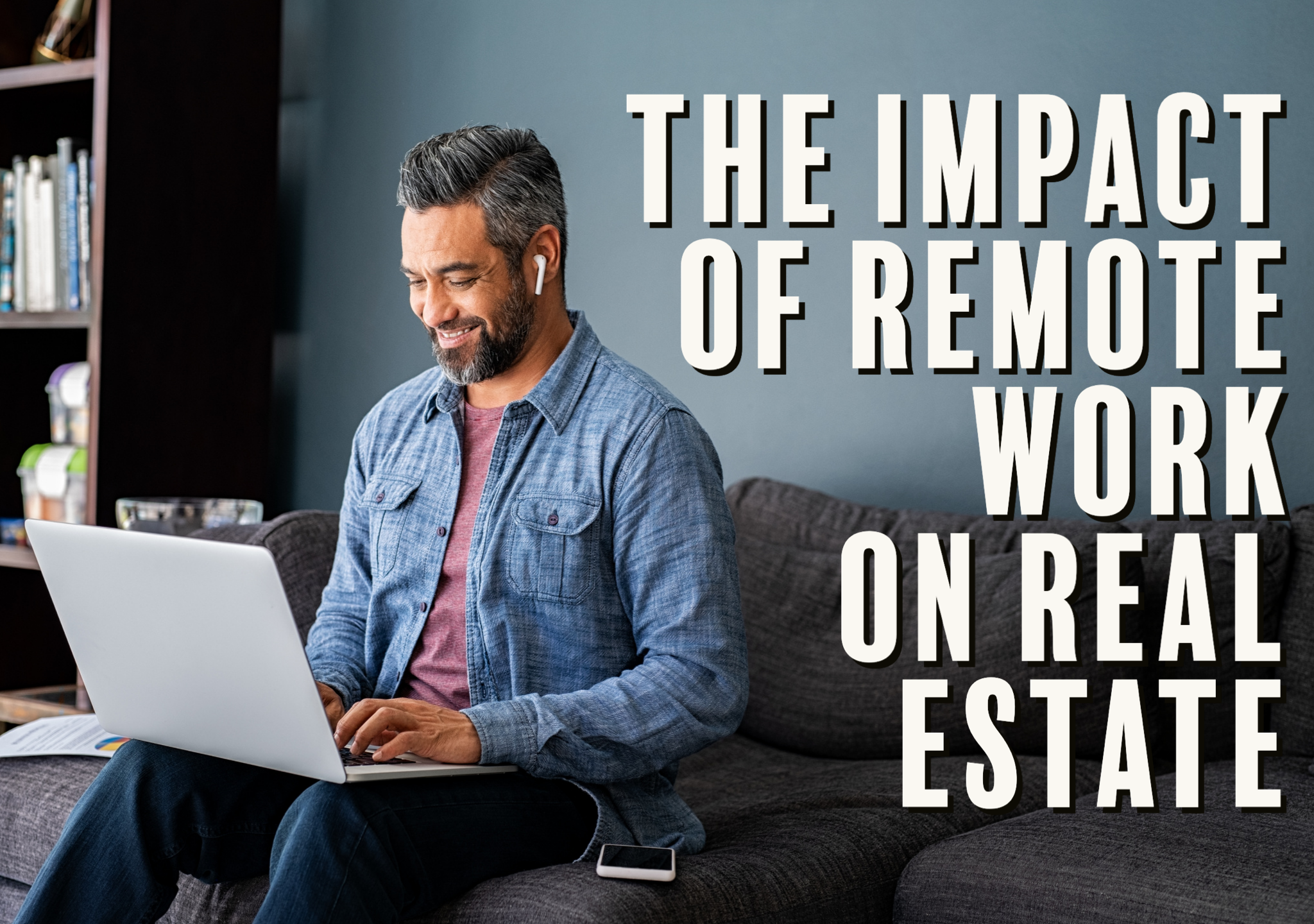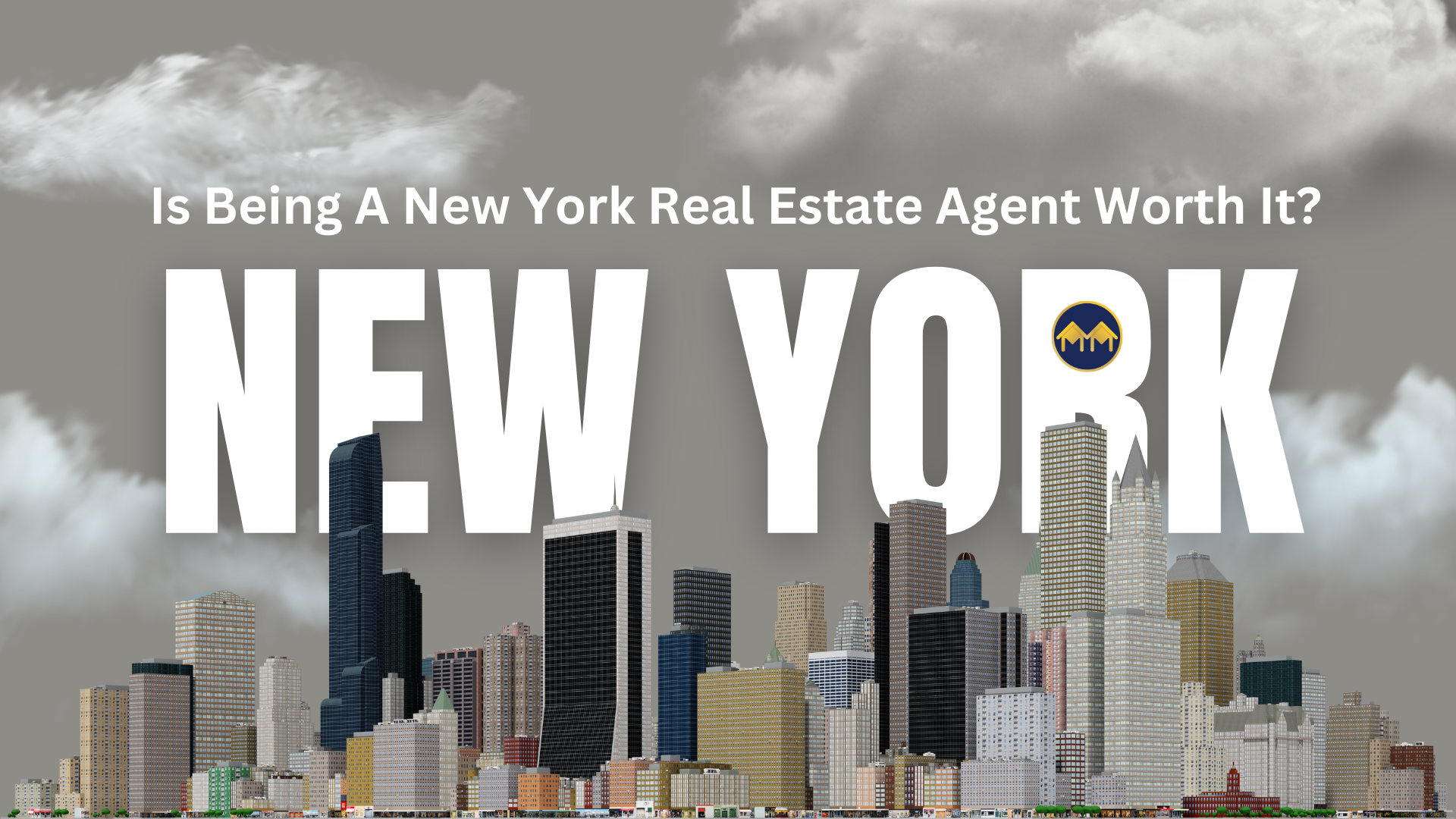The mandatory stay-at-home measures brought about by the outbreak of the Covid-19 pandemic last year forced employers to shut down their offices and send their employees to work from home. This situation had two results. Firstly, it demonstrated that remote work is possible for a considerable number of professions. Thus, anyone who possibly could work from home did so. And secondly, as a consequence, the real estate market practically halted. Of course, it is not only the commercial aspect of the real estate industry that has suffered a blow. It was also residential since viewings stopped and deal closings were delayed. However, this was only the initial consequence of the pandemic. A lot more followed. A year and a half later, we see great activity on this front after the deafeningly quiet period. So, this article will shed some light on the impact of remote work on real estate.
Why does remote work impact real estate anyway?
There is a connection between the working methods and the economy of a country as well as its other markets. So, a change in the way people perform their jobs also instills change in the economy. And it’s only logical if we consider that large and successful enterprises are the most significant customers of the commercial real estate market. So, while they help society by ensuring numerous job positions, thus promoting economic development and growth, turmoil’s in their functioning can dramatically impact other markets – in this case, the real estate market.
Also, the development of technology has enabled remote work for many people. And many have chosen that way of working so they can better balance their private lives and career. The pandemic only accelerated the transition. However, such a quick and dramatic change was not anticipated and so brought about some consequences. With the increase in the proportion of people working remotely came the decrease in renting. Companies don’t need to rent offices for their employees, and for them, this can be a positive outcome since it can lead to considerable savings.
Ultimately, the developments in the real estate industry depend on two main points:
- Where do people live?
- Where do people work?
Commercial and residential real estate are very much connected. So, the changes in one will affect the developments in the other.
How is everything changing?
Until the pandemic, people wanted to live in big cities. And the closer they were to the center and all its perks, the better. Also, the closer the properties are to the center and such facilities, the more expensive they get, both to rent and buy. A similar property further from the center, commercial facilities, and other amenities typically costs much less.
However, with remote work becoming more prevalent, there have been significant changes in this dynamic. It is always a matter of supply and demand – the driving force of all things financial. If a new commercial center is under construction, it will drive the development of housing options surrounding it. After all, people who would work there would need a place to live. Similarly, if a commercial project is planned near a residential area, home prices there would instantly increase. But, the pandemic has changed all that. Since people don’t have to work from an office, we can expect less need for new commercial development.
The priorities are changing
Furthermore, living close to the city centers is not the top priority for many people. They are looking to move to smaller towns, less expensive areas, and the suburbs. They want to have more space, bigger gardens, and more peace. So, long-distance moves have been very common over the past year and a half. For example, New York City has seen some drastic changes. It has always been an attractive destination. However, relocations out of NYC are more frequent than ever. Also, since many people don’t have to commute to the office, living close to transportation options and freeways is not as important.
On top of everything, many companies have announced that they will adopt a hybrid working model once the pandemic is over, with a portion of their workforce working remotely. Other companies don’t ever plan to go back to the office. All of that will undoubtedly impact the future development of commercial real estate.
What is happening to the housing market?
After the initial halt, we can conclude that residential buying hasn’t really slowed don’t. The difference is where the people choose to buy. As mentioned, they’re moving away from the large city hubs to more peaceful areas that will allow them to spend more time outside. Smaller towns and the suburbs provide a better quality of life and a more affordable cost of living. If we combine it with very favorable interest rates, we get an incentive to start looking for opportunities to buy.
However, since we can expect remote work to continue, it is likely that people will not have to feel tied to a particular location. So, it is expected that residential real estate will continue to go through changes.
What we have observed is the list of features that becomes prevalent among buyers. And that list of essential elements buyers want from a house is another signal of the impact of remote work on real estate. For instance, a home office is a must. The open floor-plan continues to dominate as it allows more supervision for kids. Large gardens and open living spaces are also popular.
Final comments on the impact of remote work on real estate
Work from home is not going anywhere any time soon. Or ever, possibly. The way people do their jobs and live their lives is shifting. But that is nothing new. Change is an integral part of our existence. The only difference is that it feels a bit forced upon us at this moment. So, while the impact of remote work on real estate is significant, it does not have to be catastrophic. The real estate industry has to evolve, adapting to the newly-developed needs. It is an opportunity for innovation and new solutions that will drive the industry to further growth.
Related Blog Posts
Join Over 100,000 Students Enjoying Manfred School Now
Become Part of Manfred School to Further Your Career.





